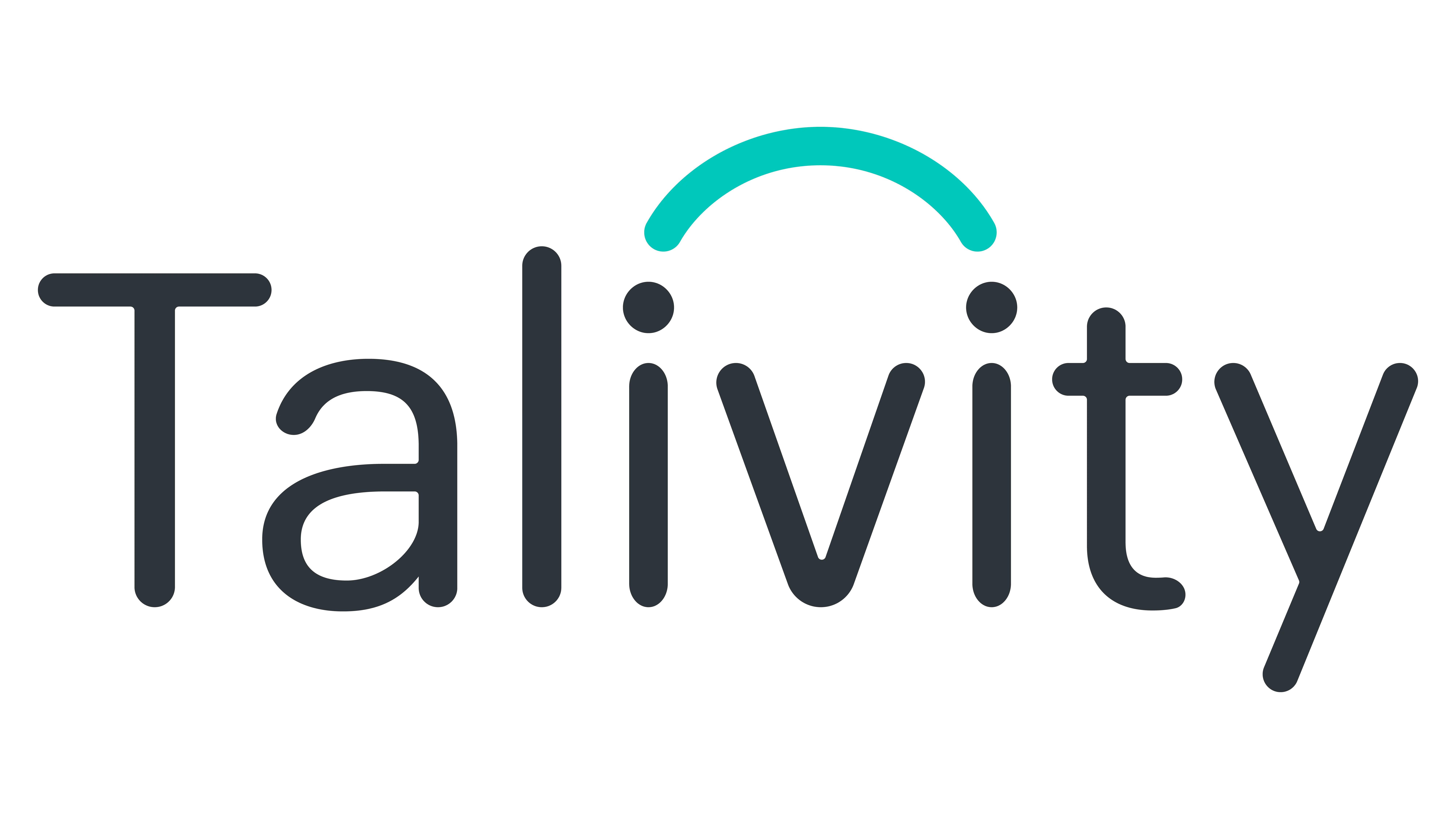Find the right solution for your business.
Explore SolutionsIt’s simple: corporate social responsibility is good for business.
It may seem a bit cynical to suggest that businesses might not engage in philanthropic efforts or invest in socially conscious initiatives if it didn’t carry intrinsic benefits, but the fact that it does is undeniable. And, from a recruitment perspective, corporate social responsibility (CSR) is more vital than ever when it comes to attracting employees.
According to a survey conducted by Net Impact, 72% of students about to enter the workforce said that they wanted a job where they could “make an impact.” This was in comparison to 53% of workers already in the workforce—marking a seismic shift in priorities— and, in fact, making an impact ranked higher than job prestige and becoming wealthy.
CSR has come a long way over the last several decades. In the past, large organizations could highlight their philanthropic efforts and be assured of media accolades and, of course, a lot of new business. Since the rise of social consciousness in the 1960s however, the practices of businesses across all industries began to come under a great deal more public scrutiny. Some of this had to do with high-profile litigation against a few major corporations, but just as much of it was due to the public and businesses themselves recognizing the positive impact that good corporate citizens can have.
The term “Corporate Social Responsibility” itself was coined by American economist Howard Bowen in the article “Social Responsibilities of the Businessman” in 1953. It wasn’t until the 1970s however, that the notions of CSR that we’re familiar with today began to take hold in the business world.
Today’s CSR Landscape
In general, CSR initiatives typically include such things as philanthropic efforts (donations to or participation in the efforts of charitable organizations), environmental programs (supporting green initiatives, internally and/or externally), championing social issues (women’s, LGBTQ+ rights), promoting ethical labor practices and volunteer programs.
For a long time, the focus of corporate social responsibility—in the eyes of businesses and the public at large—was on business organizations themselves. More recently, the benefits of CSR initiatives to employees have been realized: Those aspects of CSR that both enrich the personal and work lives of employees, and help them to enhance their own concepts of civic responsibility and efforts in this area.
According to SOCAP, a thought leadership organization whose focus is accelerating the movement towards a more just and sustainable economy, there are several initial benefits to employees whose employers prioritize best practices in CSR:
- Enhanced organizational citizenship. Studies show that employees become more cooperative overall and become better team players.
- Better employee identification. Conscientious individuals naturally experience a greater sense of identity with their employer when that employer is socially responsible. This not only improves morale, but fosters a deeper connection to the work being performed.
- Improved retention. This is almost a no-brainer, but when workers feel better about the company they work for, they tend to stay. CSR initiatives have been shown to increase retention, as well as improving employees’ commitment to organizations.
- Engagement and performance. The above factors help to foster better engagement and performance amongst employees. And of course, happier, more productive employees make for a better bottom line.
- Better creativity and innovation. CSR helps to increase employees’ creative input, including new, original ideas and creative problem-solving. This cultivates employees who are more frequently inspired to develop new and better ways to do their work.
In short, it appears as though employers’ dedicated CSR initiatives naturally drive employees toward engaging in socially-responsible efforts, externally as well as internally. CSR is proving to be a sustainable and dynamic way to foster employee engagement in social responsibility, as well as providing benefits to companies themselves.
CSR helps to integrate your company’s mission with relatable values, as well as supporting societal goals in ways that connect your company to communities and the world at large.


